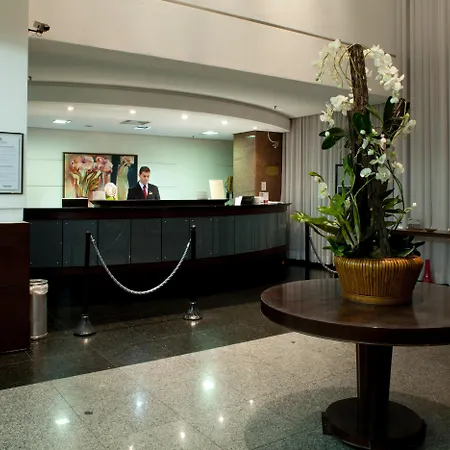Sichuan Hotels for Your Next Holiday
Why Tourists Visit Sichuan
- • See the Giant Pandas at the Chengdu Research Base.
- • Hike through the fairy-tale scenery of Jiuzhaigou National Park.
- • Climb Mount Emei for temple visits and sweeping views.
- • Visit the Leshan Giant Buddha, the world’s largest sitting Buddha statue.
- • Taste authentic Sichuan cuisine, including spicy hot pot and mapo tofu.
Sichuan offers over 10,000 hotels ranging from budget-friendly hostels to luxury 5-star resorts, with most accommodations centered in Chengdu, Jiuzhaigou, and Emeishan. On average, a 3-star hotel costs $30–$50 per night, while luxury 5-star options range from $120–$400. New additions include The Ritz-Carlton Chengdu, a stunning property with rooftop views and fine dining, and the recently opened Hilton Jiuzhaigou Resort known for its eco-friendly design and proximity to the park.
Sichuan, located in southwestern China, is renowned for its breathtaking landscapes like Jiuzhaigou National Park and Mount Emei, UNESCO World Heritage Sites that showcase dense forests, sacred temples, and vibrant lakes.
Chengdu, the capital city, draws visitors with its Chengdu Research Base of Giant Panda Breeding, Sichuan Opera performances, and lively street food culture.
The province's unique appeal lies in its fusion of natural wonders and ancient history, from the Leshan Giant Buddha to the rugged peaks of Daocheng Yading.
Sichuan Tips You Must Know
• Book hotels at least 2 months in advance during peak travel months (September to November) to secure availability and better rates.
• Consider the proximity to attractions when choosing accommodations, as travel times can be long due to the province's size.
• Utilize Chengdu’s metro and bus system for city exploration, but hire local guides or drivers for remote areas like Jiuzhaigou or Mount Emei.
• Check if your hotel provides Chinese/English translations or guides to navigate cultural differences and ensure smooth communication.
• Always confirm the hotel’s cancellation policy as refunds can be rare during festivals and holidays in China.































